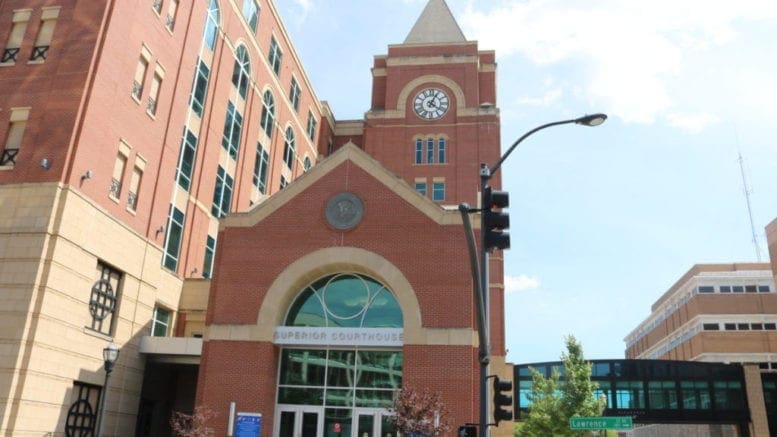Cobb County Superior Court distributed the following notice of a Judicial Emergency within Cobb County Superior Court due to the ongoing backlog of cases piling up in the Superior Court Clerk’s office (to read the notice itself, with more technical details than the news release below, follow this link:
Text of the public information release from the court:
Chief Judge A. Gregory Poole of the Cobb Judicial Circuit today took the extraordinary step of declaring a Judicial Emergency within the Superior Court of Cobb County due to serious issues that have arisen in the Superior Court Clerk’s Office within that circuit.
Judicial Emergencies are permitted under Georgia law when the Chief Judge determines there is
an emergency so serious that the judicial system cannot function normally and that the public, in
many instances, will not be able to use the judicial system or meet deadlines imposed on them by
a court.
The Superior Court Clerk’s Office has been plagued by many serious issues before and since it
undertook a software conversion in late June 2024. Though not an exhaustive list, the issues
most impactful to the administration of justice are listed in the Notice. They include the inability
of court staff and litigants to retrieve information about cases, inaccurate scheduling and notices,
and inaccurate or incomplete documents.
The Chief Judge, after consulting with and with the full support of the other 10 Superior Court
judges in Cobb, concluded that these issues are so serious as to impact or have the potential to
impact due process and other constitutional rights of litigants. Given the issues and the severe
nature of their impact, the Chief Judge concluded he has a duty to protect the litigants, attorneys,
and public from any adverse consequences of the present situation.
Under State law, the Judicial Emergency may suspend deadlines and otherwise grant relief for an
initial period of 30 days. During this time, the Chief Judge hopes that the situation in the Clerk’s
Office will improve such that another Emergency Order will be unnecessary. During this emergency period, the Court trusts that all litigants and their attorneys will continue to be understanding and professional with one another in dealing with any issues arising from the emergency.
The Chief Judge directs that this notice and enclosed Order be published, posted, transmitted, or
otherwise announced such that all the parties affected, their counsel, and the public are made
aware of the Judicial Emergency, as required by state law.
